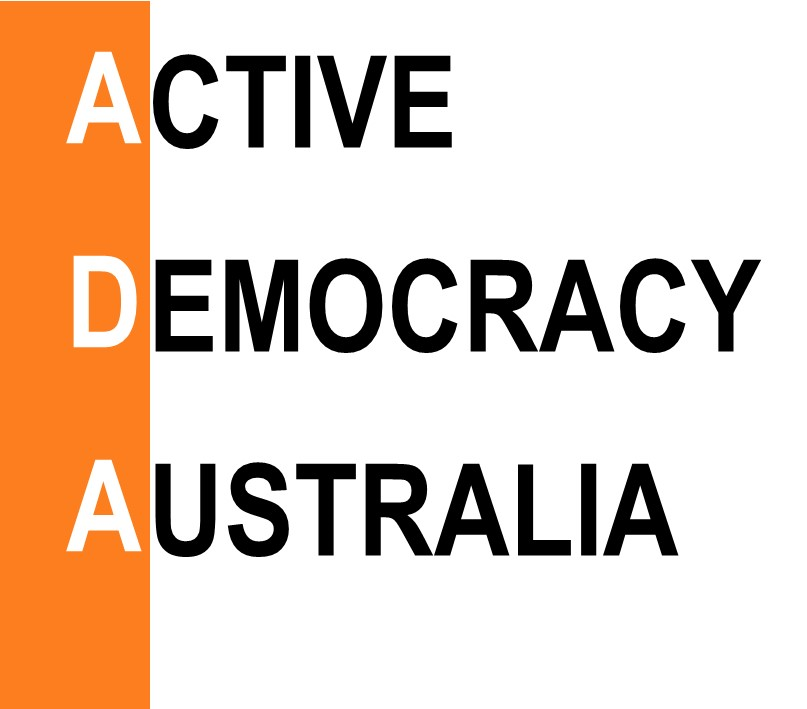Documenting, evaluating and researching what your group is doing
You are breaking new ground in what you are doing. This means two things: first, it may be more challenging to do initially, but second, your experience of doing it will be useful information for others trying it – both your successes and your failures!
To help you and others in your group to do what you do well, you need to be consciously learning as you go along. This means you need to be recording what you do (in printed, audio or video form), evaluating this to assessing its effectiveness, and recording these evaluations. This process enhances your group’s collective knowledge and memory, and also develops its culture and sense of identity. It means you have the information on hand that enables you to be accountable to your own members, participants and possibly funders, and it will provide information that can be used in publicity and for your communications with MPs, candidates and political parties. As well, you are able, if you want, to share this information with other electorate groups so they can learn from what you are doing, and they may do the same for you.
The information you collect can be qualitative and quantitative, for example, records of what the group has done, evaluations of how effective these actions have been, participants’ personal accounts of their involvement, and demographic data on group participants and other constituents. This work can be done by your participants, by tertiary students doing research or placements with your group, or by academics or other experts giving their time pro bono.
